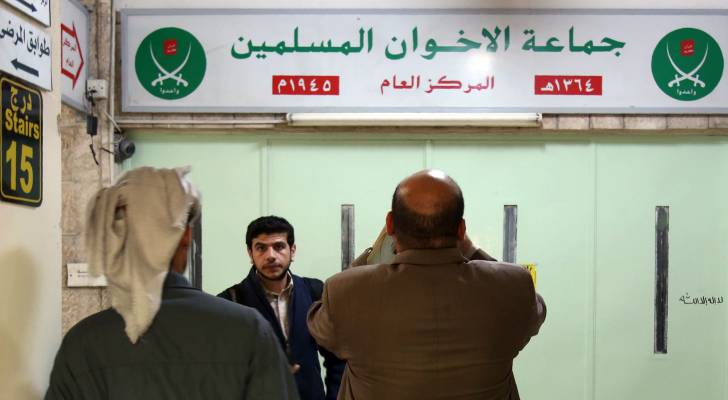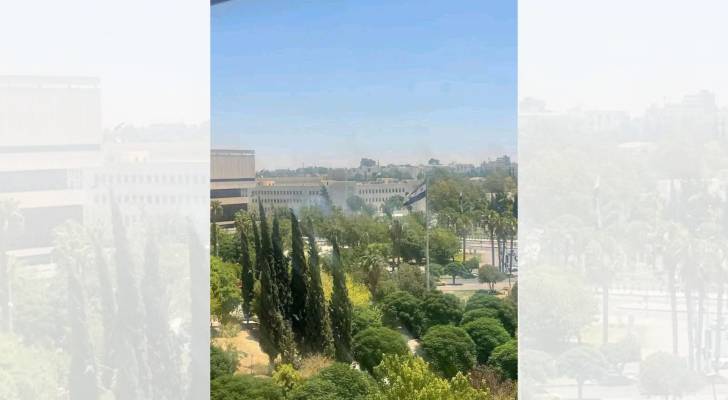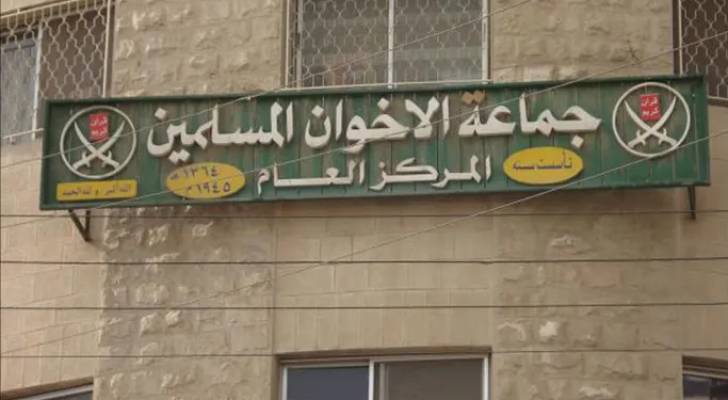Behavioural interventions as a frontline in the war against drugs - By Zaid Khaled Maaytah, The Jordan Times
Just days ago, Jordanians woke up to the tragic news of Obadah Arabi, a 21-year-old man and the sole provider for his mother and siblings, whose life was cut short by a stabbing from allegedly a drug addict. His murder shattered his grieving family and reignited urgent public debate around drug-related violence in Jordan.
According to official figures, drug-related crimes have surged significantly over the past decade with over 25,000 cases recorded in 2024 alone, implicating around 39,000 individuals. More concerning is the sharp increase in violence linked to highly addictive synthetic substances such as Joker, Captagon, and crystal meth.
The 2023 Organised Crime Index highlighted a rise in violent crimes directly associated with drug use. Jordan is fighting an actual war on two fronts: defending its borders from smuggling networks, and combating local trafficking and addiction through security crackdowns, awareness campaigns, and rehabilitation programs. However, this challenge is multifaceted; drugs are not merely a criminal or legal problem, but a behavioural, psychological, and social phenomenon. While it is important to examine the psychological and behavioural angles of addiction, a distinction should be drawn between drug use, which is criminalised under Jordanian law, and addiction, and the violent crimes that are driven by it. Behavioural science offers a lens to help us understand why some drug addicts spiral into criminality, and how targeted interventions can break that trajectory before it turns fatal.
Most drug addicts do not become violent out of inherent malice but as an outcome of a series of psychological and social factors that begin with an imbalance in the brain’s chemistry caused by chronic drug exposure weakening impulse control and decision-making.
This neurobiological deterioration often leads to heightened anxiety, paranoia, and reactivity, especially when combined with strong societal stigma against addicts in Jordanian society. The resulting sense of rejection and helplessness can trigger what behavioural science refers to as a “belonging crisis”. A person suffering from addiction feels rejected and excluded by family and community, so they seek “alternative belonging” in an environment that accepts and embraces them, where a new identity is formed based on asserting respect through violence, and slipping into the world of crime.
In the Jordanian context, addressing such behavioural transformation requires redefining addiction as a treatable psychological and health condition not a mark of shame or a purely criminal act. In addition to the provision of more rehabilitation centres across the country, trust must be rebuilt between drug addicts, their families, and treatment facilities by rebranding rehabilitation centres as safe spaces offering a new chance for recovery.
Local communities also have a vital role to play. Civil society, recovering addicts, social workers, and grassroots leaders should come together to form support networks that offer safe, stigma-free environments. Group therapy sessions, life-skills programs, and youth-focused activities can fill emotional and social voids to reduce the chances of relapses.
These efforts should be paired with individualized post-rehab follow-ups, ensuring former addicts receive continued psychological and social support as they reintegrate into society. Such interventions help override the behavioural pull toward “alternative belonging” by rewiring that need into a healthier, prosocial connection with family, community, and society at large.
Jordan’s war on drugs is a fully fledged fight on multiple fronts that starts with protecting the minds alongside the borders, and with rescuing those of us who have lost their way rather than abandoning them. For every crime committed under the influence is not one tragedy, but two; a young person who lost control and another who lost their life, and two families that see their dreams buried in a single moment.
Recovery from addiction is not marginal in this battle; it is the first line of defence. Between the first dose and the first stab, there is always time, space, and opportunity for intervention.
By Zaid Maaytah – Researcher in economics and behavioural policy
Latest News
-
 Legal expert outlines repercussions for Muslim Brotherhood financial scheme in Jordan
Legal expert outlines repercussions for Muslim Brotherhood financial scheme in Jordan
-
 “Israeli” military attacks Syrian army headquarters
“Israeli” military attacks Syrian army headquarters
-
 Over 30 million JD: Jordan authorities uncover massive Muslim Brotherhood covert funding scheme
Over 30 million JD: Jordan authorities uncover massive Muslim Brotherhood covert funding scheme
-
 Syria announces ceasefire in Druze-majority Suwayda after deadly clashes
Syria announces ceasefire in Druze-majority Suwayda after deadly clashes
-
 “Israel” says striking Syrian govt forces in Suwayda
“Israel” says striking Syrian govt forces in Suwayda